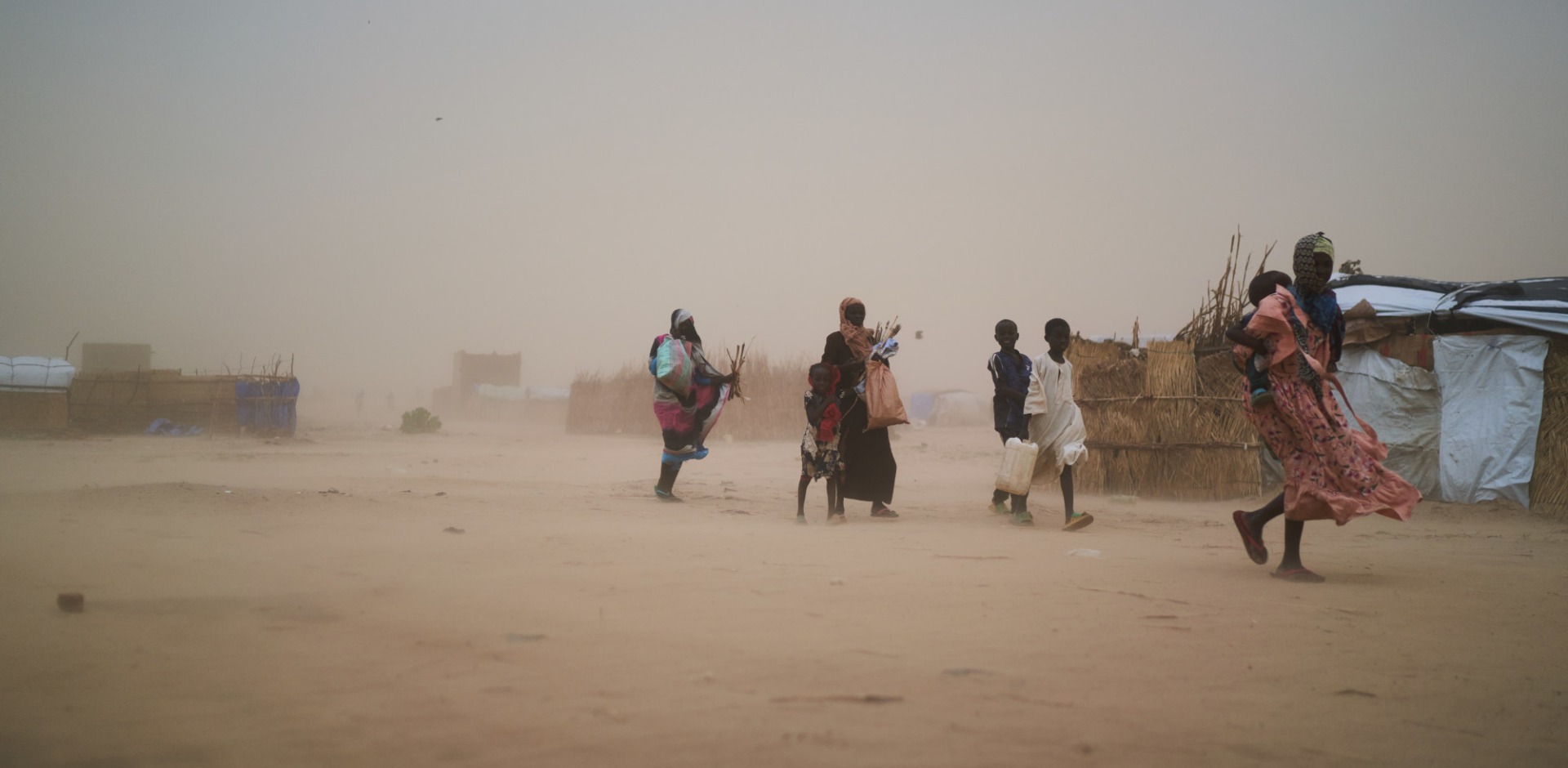
FAMINE IN SUDAN
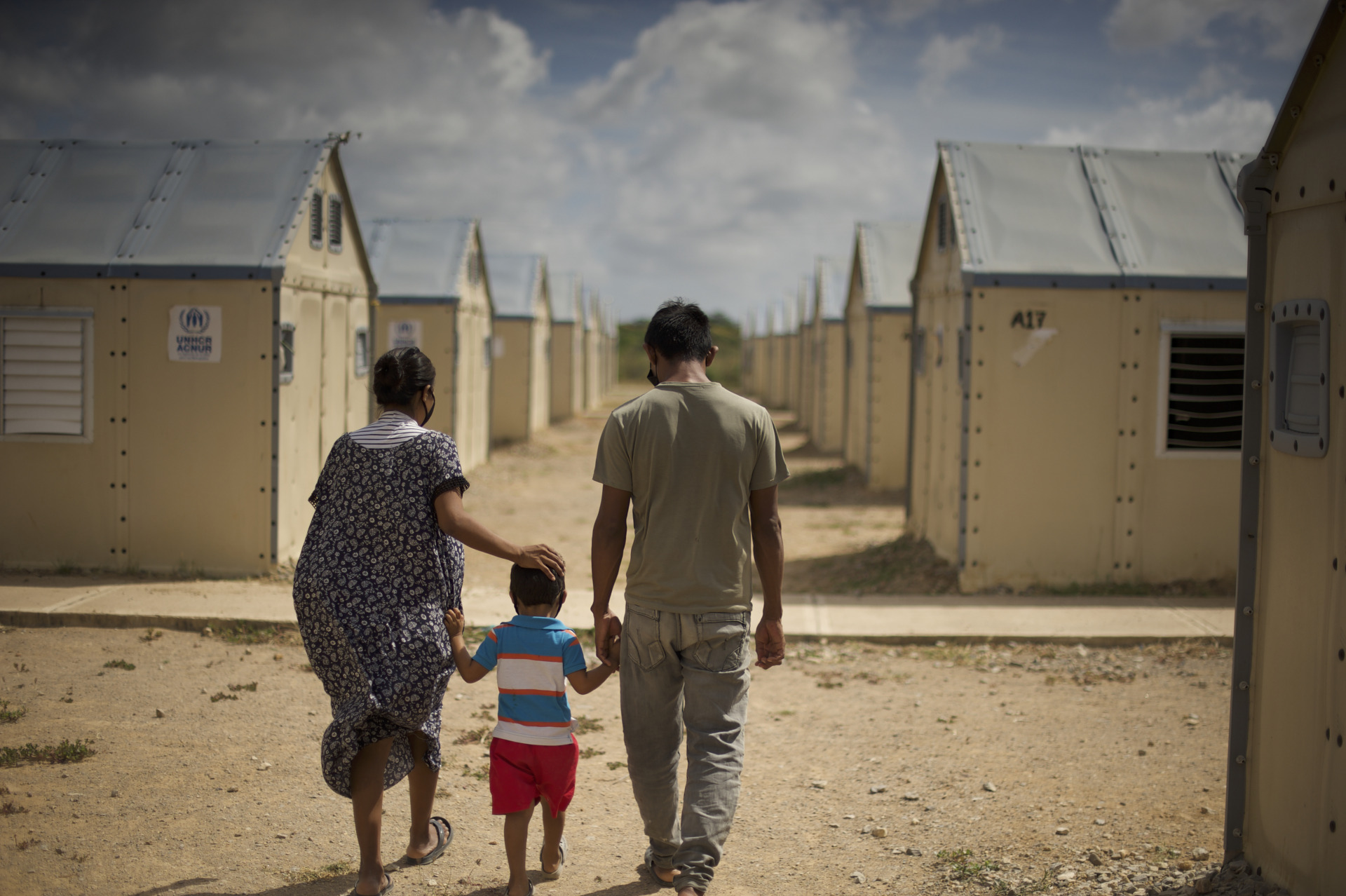
More people are displaced now than ever before. Our teams – some of whom are refugees themselves – work each day to support refugees by treating and preventing hunger, providing mental health support, improving access to safe sanitation and clean water, and more.
In 2021, 1 in every 88 people on the planet were displaced. The number of people who have been forced to flee their homes due to conflict, hunger, persecution, and human rights violations has reached a new record high.
According to the UN Refugee Agency:
Refugees have survived unimaginable trauma, and Action Against Hunger works with them to help them rebuild their lives. Despite hardships, displaced people are women starting businesses, mothers making friendships, fathers supporting their families, grandmothers learning about health and nutrition, and children dreaming of brighter futures.
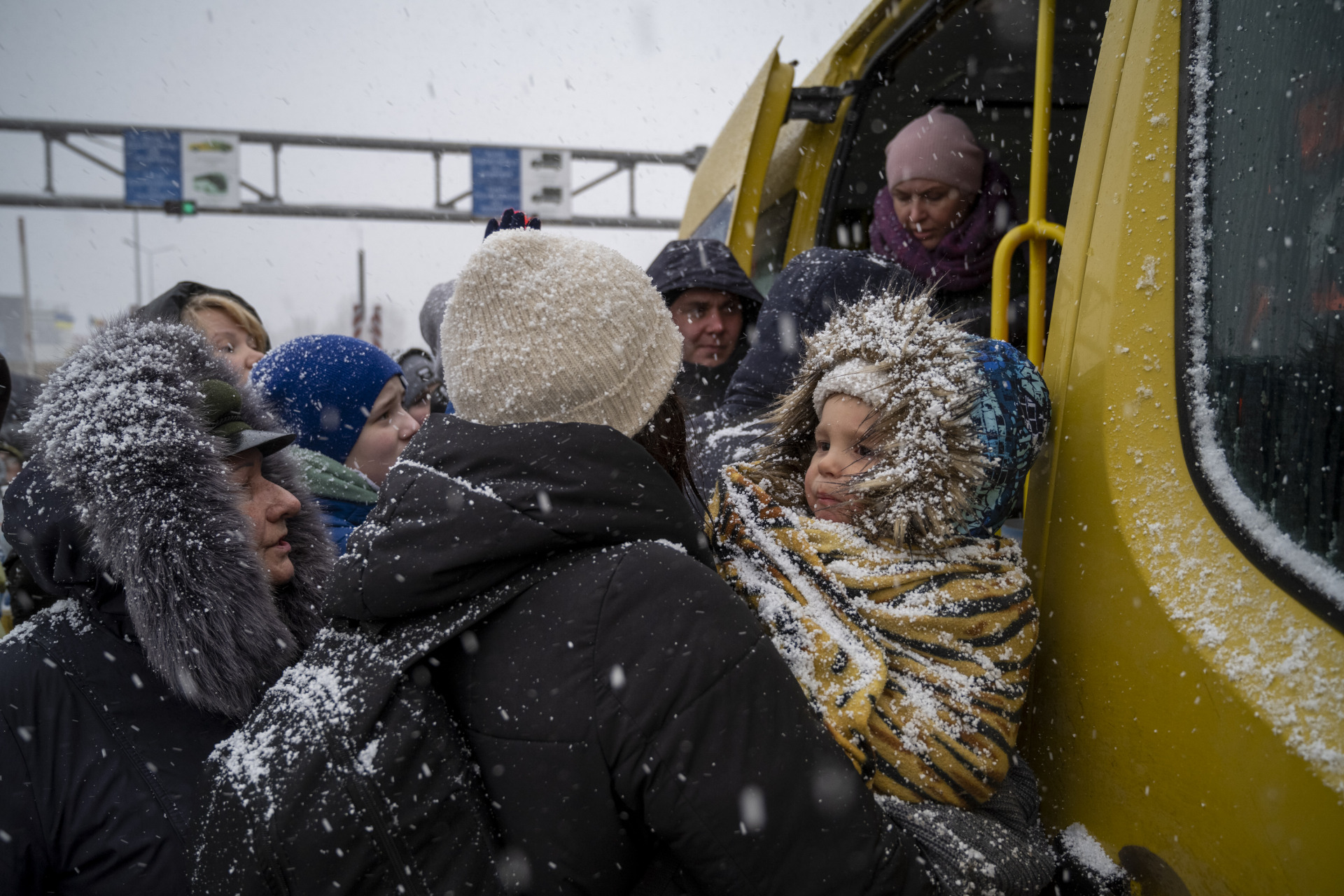
Where there is conflict, there is hunger. In Ukraine, its neighboring countries, and in communities around the world, Action Against Hunger’s teams are working with displaced and refugee families to help prevent and treat hunger, improve access to clean water and safe sanitation, provide health and mental health services, and increase food security.
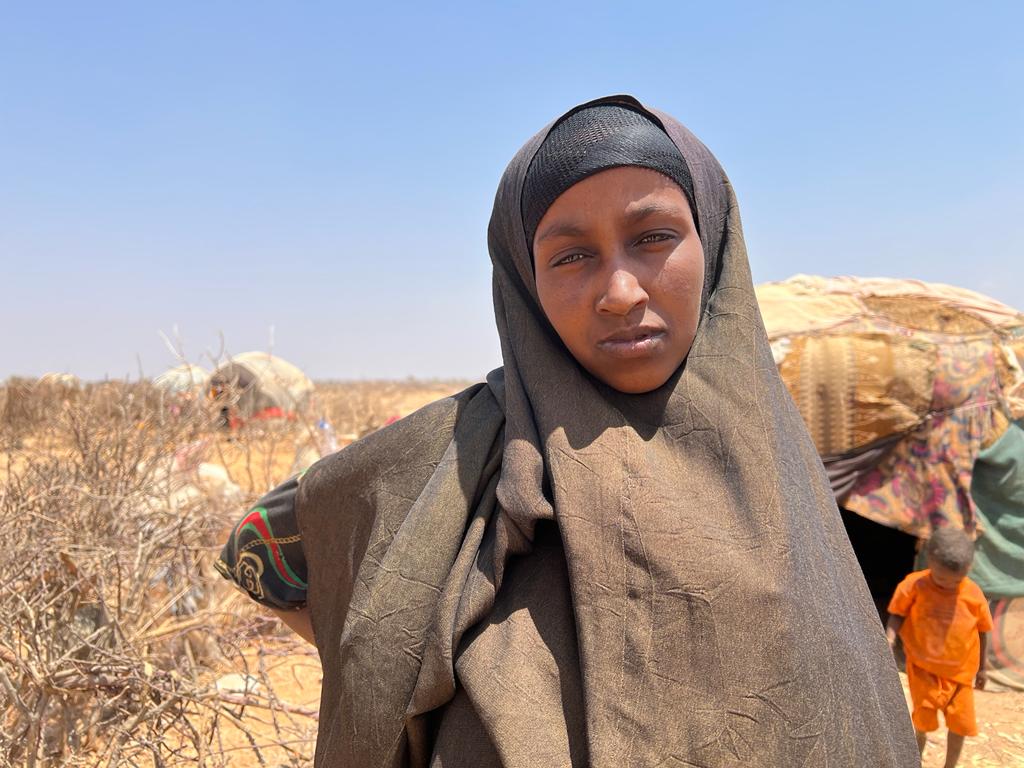
“What can I give her?” asks Mumina, a 29-year-old mother of three young children. Due to the severe drought in Somalia, she has no food and no breastmilk left to feed her youngest baby. Eventually, she was forced to flee to a displacement camp to seek food and water. Action Against Hunger is working with women like her to provide emergency assistance.
In North Kivu, Democratic Republic of Congo, 1.9 million people have been displaced by conflict. Many have been exposed to violent events for many years, which can cause trauma, depression, and other mental health issues. For mothers, this can sometimes make it difficult to bond and properly care for their children, which can lead to malnutrition or other illnesses. Action Against Hunger’s teams work with women to give them safe spaces to talk about difficult issues and coping strategies to deal with mental health challenges.
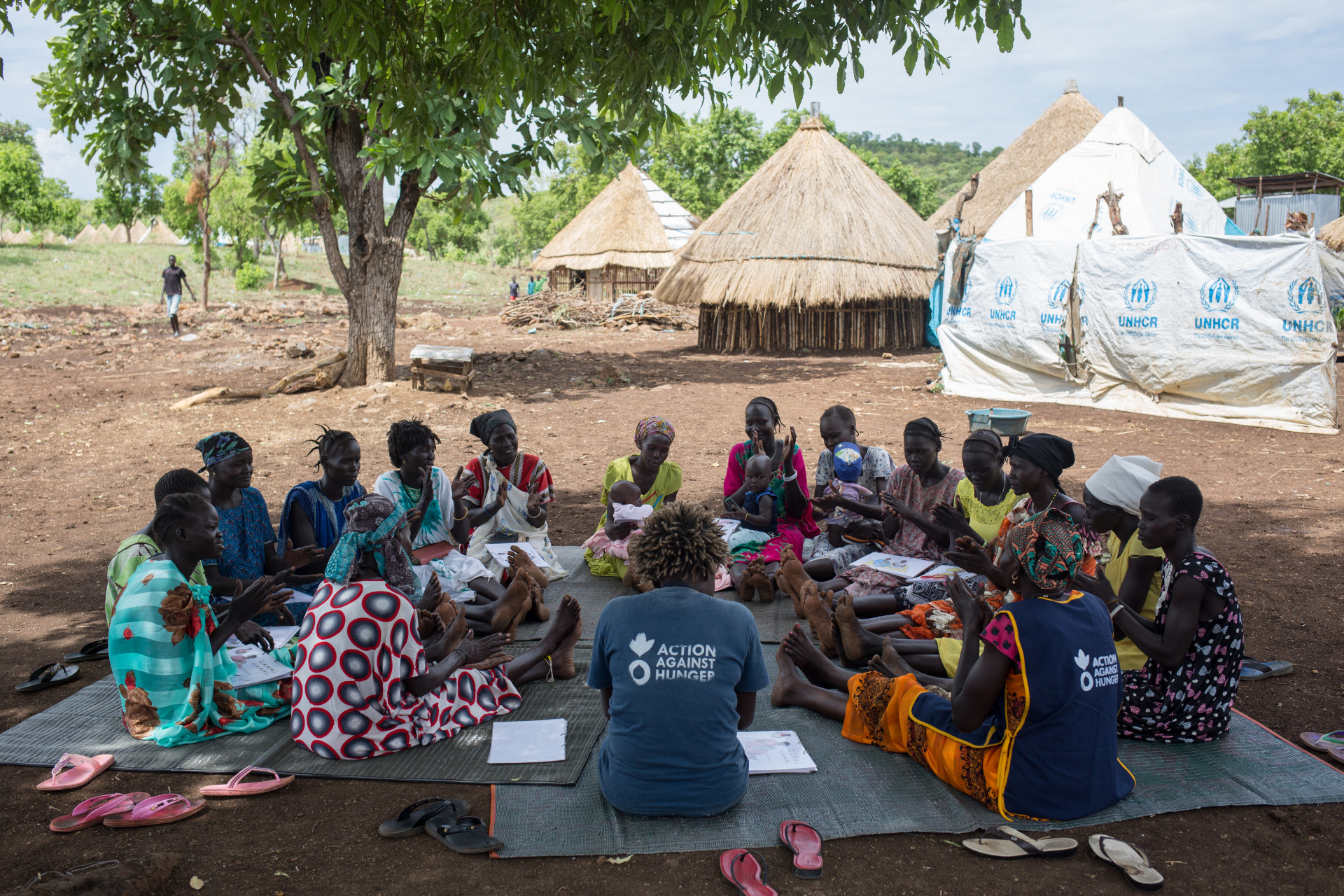
Action Against Hunger is proud to support refugees, internally displaced people, and their host communities to reduce malnutrition and to help them rebuild their lives. We are on the front lines of the world’s most serious refugee crises, including the Syrian crisis, the conflict in Ukraine, and drought and conflicts in the Horn of Africa.
From Yemen to Lebanon, Somalia to Bangladesh, we are:
Join our community of supporters passionate about ending world hunger.